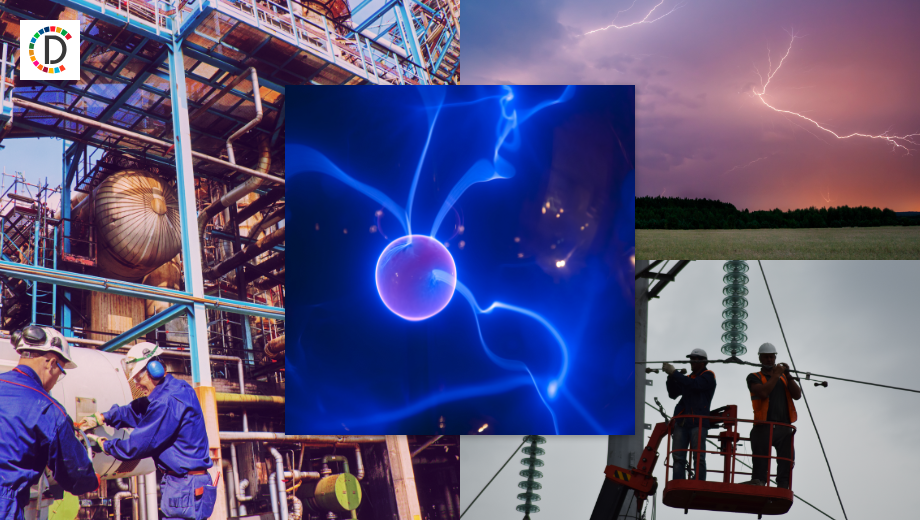Nuclear Talks in Moscow: Iran's Future in Balance
Mohammad Eslami, head of Iran's Atomic Energy Organisation, is in Moscow for crucial talks amid looming U.N. sanctions. The U.N. recently rejected lifting sanctions on Iran, supported by Russia and China. Eslami aims to sign deals with Russia, including constructing nuclear power plants to boost Iran's energy capacity.

Mohammad Eslami, the head of Iran's Atomic Energy Organisation and the nation's vice president, has arrived in Moscow for high-stakes negotiations. His visit comes at a critical juncture as the U.N. deliberates on whether to reimpose tough sanctions on Tehran over its nuclear ambitions.
Last Friday, a U.N. Security Council draft resolution to permanently lift sanctions on Tehran, strongly advocated by Russia and China, failed amid opposition from Britain, France, and Germany. These nations accuse Tehran of breaching the 2015 nuclear deal, a charge Iran denies while asserting its peaceful nuclear aspirations, a stance supported by Russia.
Eslami is set to finalize bilateral agreements, encompassing plans for the construction of eight nuclear power plants as part of Tehran's strategy to achieve a nuclear energy capacity of 20 GW by 2040. This is particularly significant as Iran copes with electricity shortages, with its only nuclear plant in Bushehr producing just 1 GW. The outcome of these talks could have significant implications ahead of the U.N. sanctions deadline.
ALSO READ
Vietnam Triumphs in Russia's Intervision Song Contest
Russia-Iran Nuclear Pact Signals New Era in Energy Cooperation
Silencing Dissent: The Resurgence of Soviet-Era Tactics in Russia
Russian President Vladimir Putin says Moscow will adhere to nuclear arms limits for one more year after US pact expires, reports AP.
Escalating Repression in Russia: UN Report Unveils Alarming Human Rights Violations










